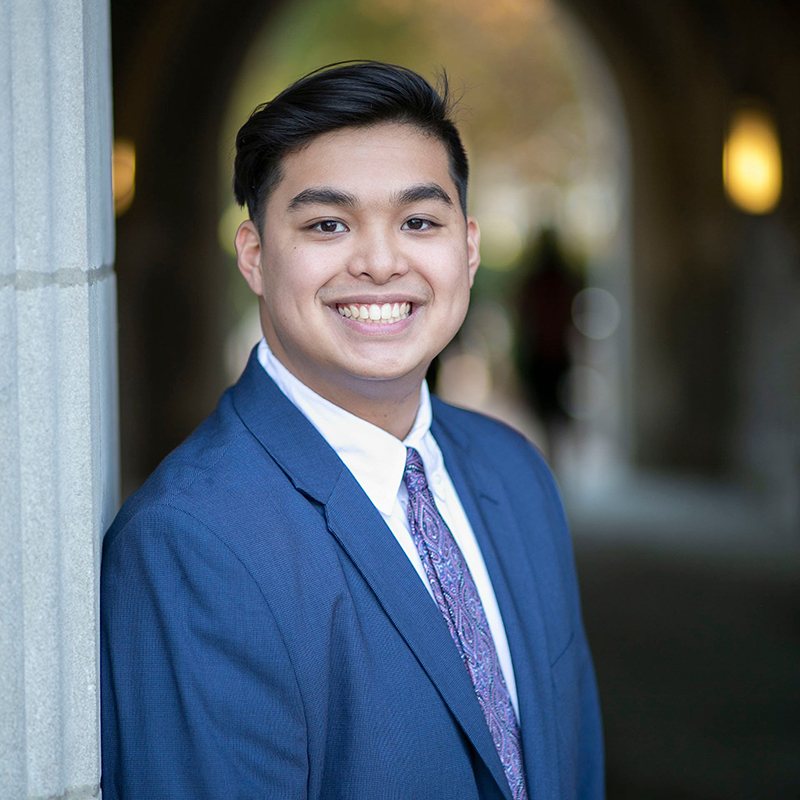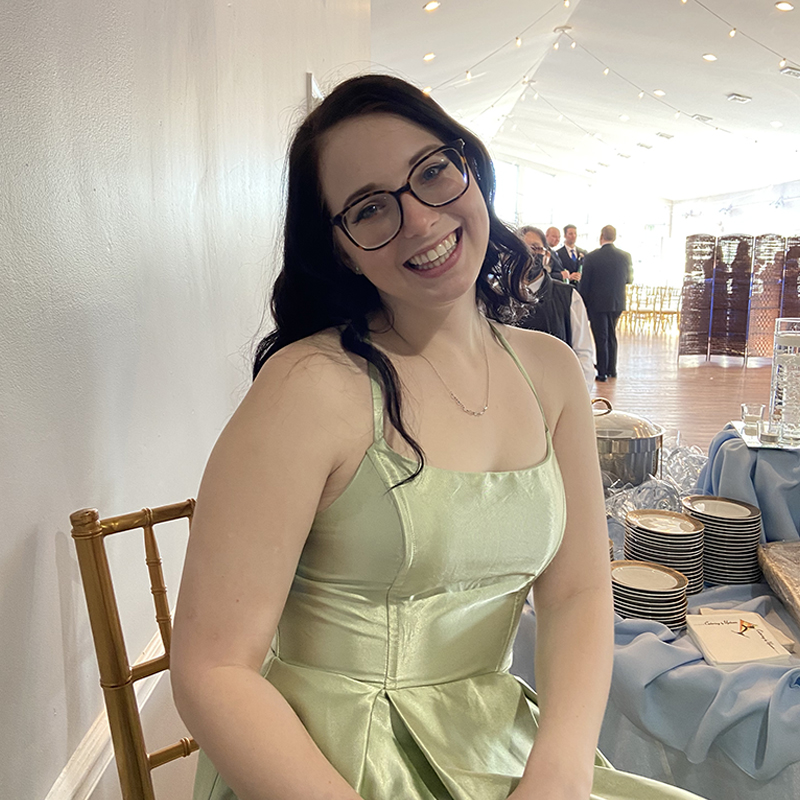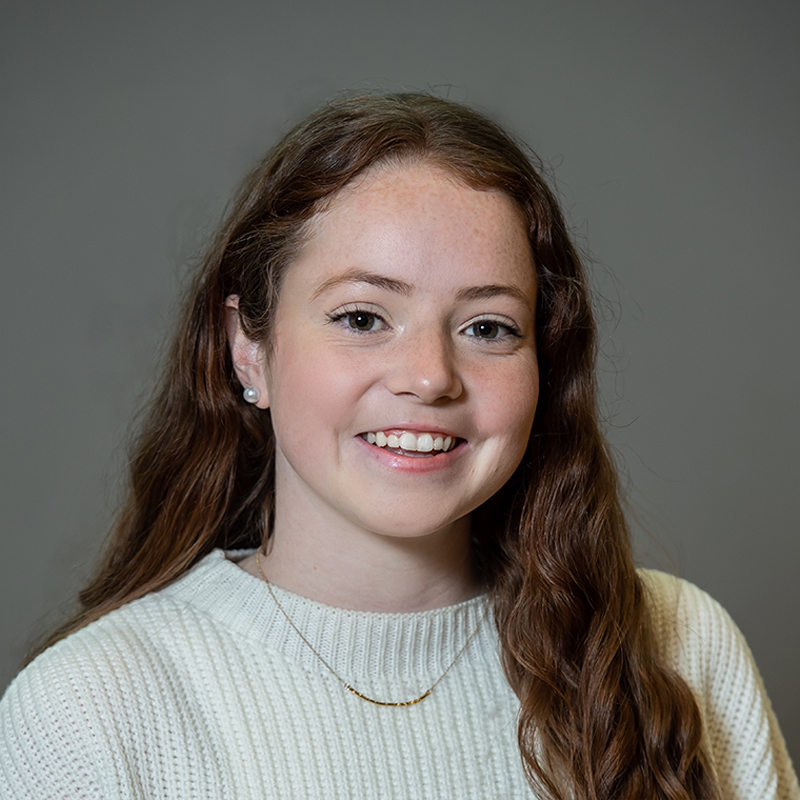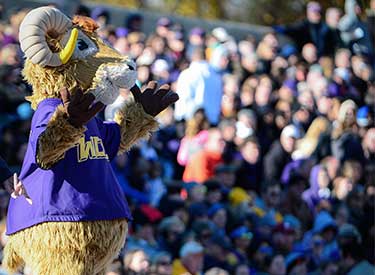Courses
Honors Courses
Membership in the Honors College enables students to enhance their strengths through a specially designed 27-hour core of cross-disciplinary courses that, with one additional course in both mathematics and science, meet general education requirements for honors students. Cross-disciplinary means that all courses in the core contain information drawn from a minimum of two academic disciplines.
A full list of honors courses can be viewed through the course catalog.
WCU HON 100 COMMON READ
The Honors College’s common read tradition is an annual practice that fosters intellectual engagement and community among students, faculty, and staff. Each year, the incoming Honors Foundations and Bridge cohorts are provided with a selected book to read over the summer, culminating in discussions during the course HON 100: Self-Awareness and Development. This tradition not only deepens students' understanding of complex social issues but also strengthens their bonds with peers through shared literary experiences as we explore the course’s themes of self-awareness, identity, community, and development. Each year, we also invite a WCU faculty member to be part of our book discussions to enrich our discourse and expand the impact of the common read experience.
2025: Between Two Kingdoms: A Memoir of a Life Interrupted by Suleika Jaouad recounts her experience with leukemia, from her diagnosis at age 23 through treatment, recovery, and the disorienting period that followed survival. After cancer, Jaouad found herself unsure how to return to “normal” life, which led her to embark on a 15,000-mile road trip across the United States to meet people who had written to her during her illness. Along the way, she explores themes of illness and healing, identity and community, and what it means to begin again, highlighting the fragile and permeable boundary between the “kingdom of the sick” and the “kingdom of the well.” For first-year undergraduates in a course on self-awareness and development, the memoir offers a compelling case study in how life-altering experiences shape identity, resilience, and meaning. Jaouad’s reflections invite students to consider their own moments of transition, uncertainty, and growth, encouraging empathy, self-reflection, and an understanding of personal development as an ongoing, evolving process.
2024: Finding Mañana by Mirta Ojito delves into the immigrant experience through the lens of Cuban-American narratives. The book weaves together personal stories and historical context to highlight the challenges and triumphs of those seeking a new life in the United States.
Special Guest: Prof. maria urrutia, Theatre and Dance
2023: Born a Crime by Trevor Noah chronicles his upbringing in South Africa under apartheid, offering a vivid account of his experiences as the son of a black mother and a white father. Through humor and poignant anecdotes
Special Guest: Dr. Leah Z.B. Ndanga, Business and Public Management
Capstone Project
Students will identify and investigate a problem in a community business, nonprofit agency, or research laboratory, and then work to solve the problem. It is expected that students play an active role in the problem-solving effort and contribute a minimum of ten hours each week to help solve the problem. Interaction with the CEO, senior officer(s) and/or senior investigators of the business, agency, or laboratory, will serve as leader models for student study. A final paper will require students to reflect on the 27-hour core of Honors course work and indicate how lessons from each of the classes helped inform the project, as well as address the project's sustainability. While projects are generally completed in the senior year, students may register for this course upon completion of the 27-hour core or by special permission of the Honors College Director.
The Honors Program has begun an initiative to catalog the Capstones of past Honors students. Capstone Catalog: Student Legacies was the Capstone project of a recent Honors graduate as an effort to provide current Honors students with a resource of Capstone advice and inspiration. The book now serves as a display of the excellent work our students put forth in the campus and surrounding community.

Highlighted Capstone Project
Lope Rojas
My capstone project aimed to serve families in a community that lost their sense of community from the COVID-19 Pandemic. In order to revive the sense of community back, I created an Easter egg extravaganza for many families and friends in the South Coatesville area. I worked with Habitat for Humanity which is a non-profit organization that works towards building strength, stability, and self-reliance in partnership with families in need of decent and affordable housing. This capstone project aimed to bring back hope and joy in a time when everything seemed so uncertain.

Highlighted Capstone Project
Natalie Voithofer
Countless individuals on college campuses are subject to all forms of sexual violence and a proven method to help fight this is through education. With hours of personal research and working with the Domestic Violence Center of Chester County, we put together an information module about sexual violence and held it during the Honors equivalent of first year experience class, a subject that had, as of then, not yet been included in the curriculum. My research modules also included topics on prevention measures of sexual violence, the intersectionality of race, gender, and sexual orientation in regard to sexual violence, bystander education, rape culture, and efforts to create a more equitable society. A special thanks to my mentor throughout my capstone project, Dr. Matt Saboe.

Highlighted Capstone Project
Hannah Zelznick
For my honors capstone project, I worked with the non-profit, Community Warehouse Project in Chester County. The CWP provides furniture to families who cannot afford to furnish their homes on their own. In need of more research to persuade people in the Chester County community to donate their gently used furniture, I spent my 150 service-learning hours completing research on the non-profit’s behalf, by both collecting new data and looking at existing studies. The information found through my research assists the CWP in grant proposals, social media, and fliers.

